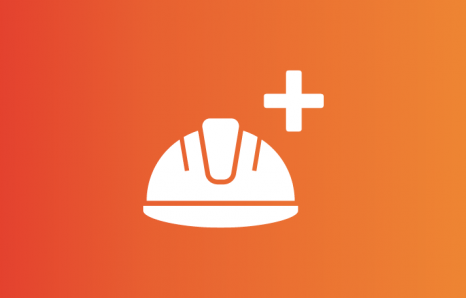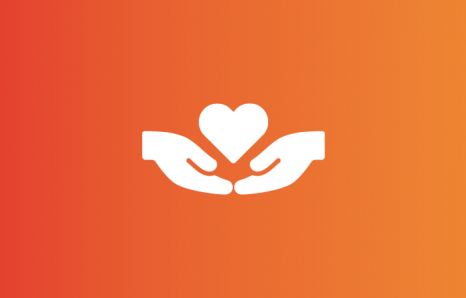Working in the rail industry can expose people to potentially traumatic events. As a manager, you want to be equipped with the tools to protect and support your team. The team and organisation around a person can play a big role in a person's recovery after an event. This session gives practical steps managers can take before, during and after an event to reduce the risk to mental health. Managers will also learn how they can protect themselves from burnout and vicarious trauma when supporting trauma-exposed colleagues.
You may also be interested in:

Building a peer-to-peer support network in your organisation
Nick Baddeley, Louise Mears and Fran Garvey-Fereday discuss the development, challenges, and implementation of a ‘Wellbeing Ambassador’ network within Network Rail. Based on their own experiences, they deliver a best-practice guide for all.

Occupational hygiene within the rail industry: What can it do for you?
Too often we measure our exposure to harm only after that harm has happened. The RWA Occupational Hygiene Management Group talks about how it’s time for a new, proactive strategy, that helps us to avoid risks, ultimately to improve quality of life for our colleagues.

Welcome to Rail Wellbeing Live 2023
Panel discussion: supporting young people’s mental health
Young workers aged 18 to 30 are perceived to be under almost twice as much pressure in their lives as their more senior peers. They’re more likely to be worrying about debt or struggling to pay their bills, which is likely to add to their stress. Companies can and should focus on creating a more inclusive environment and be prepared to step up and support their people.
